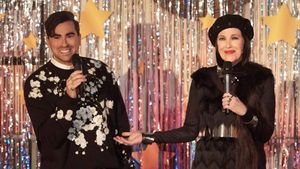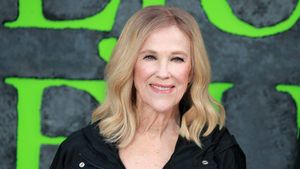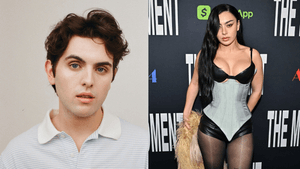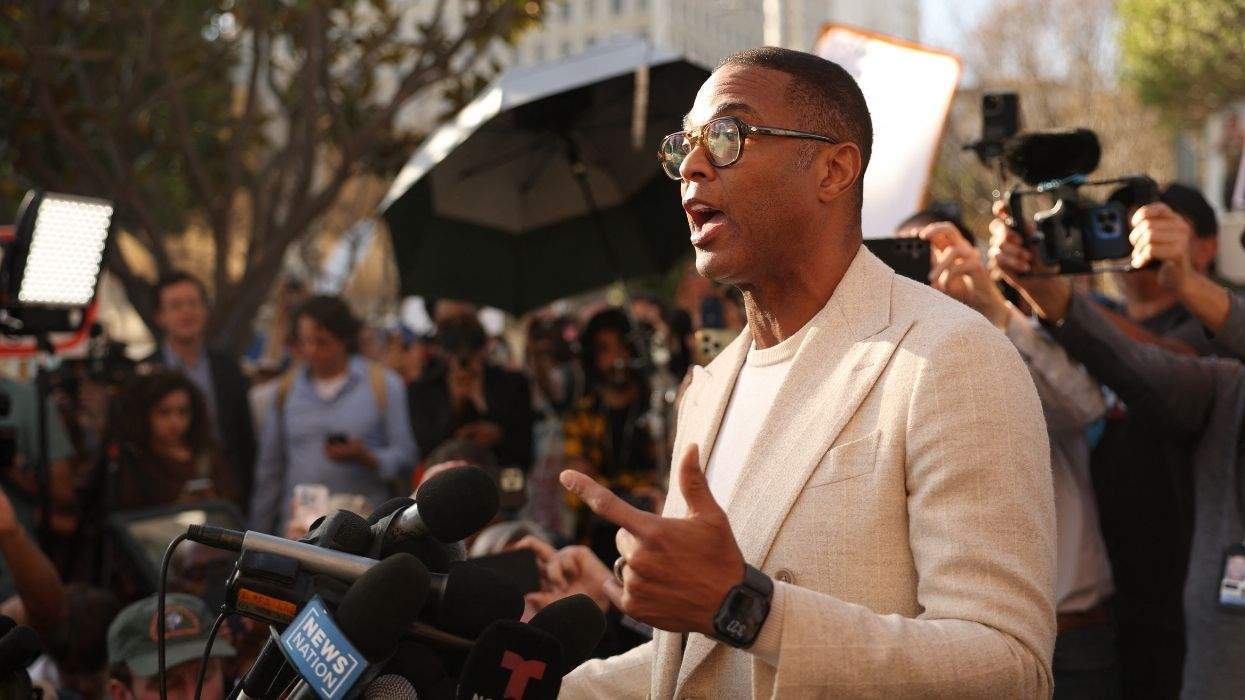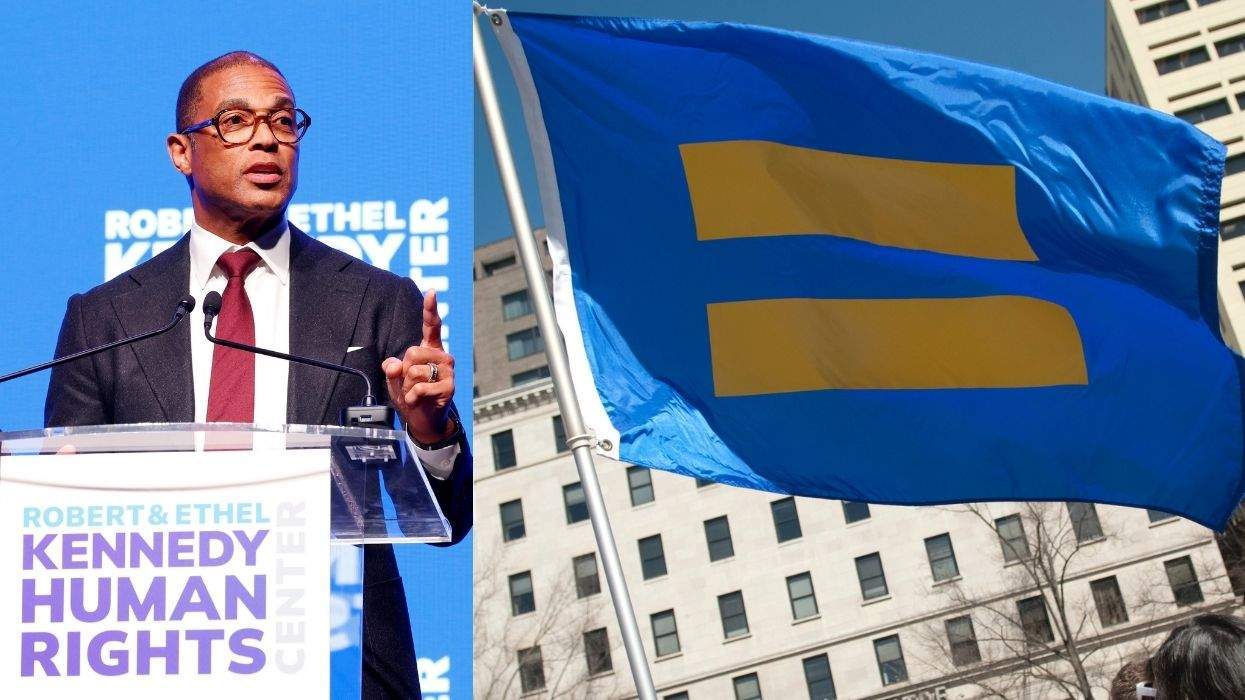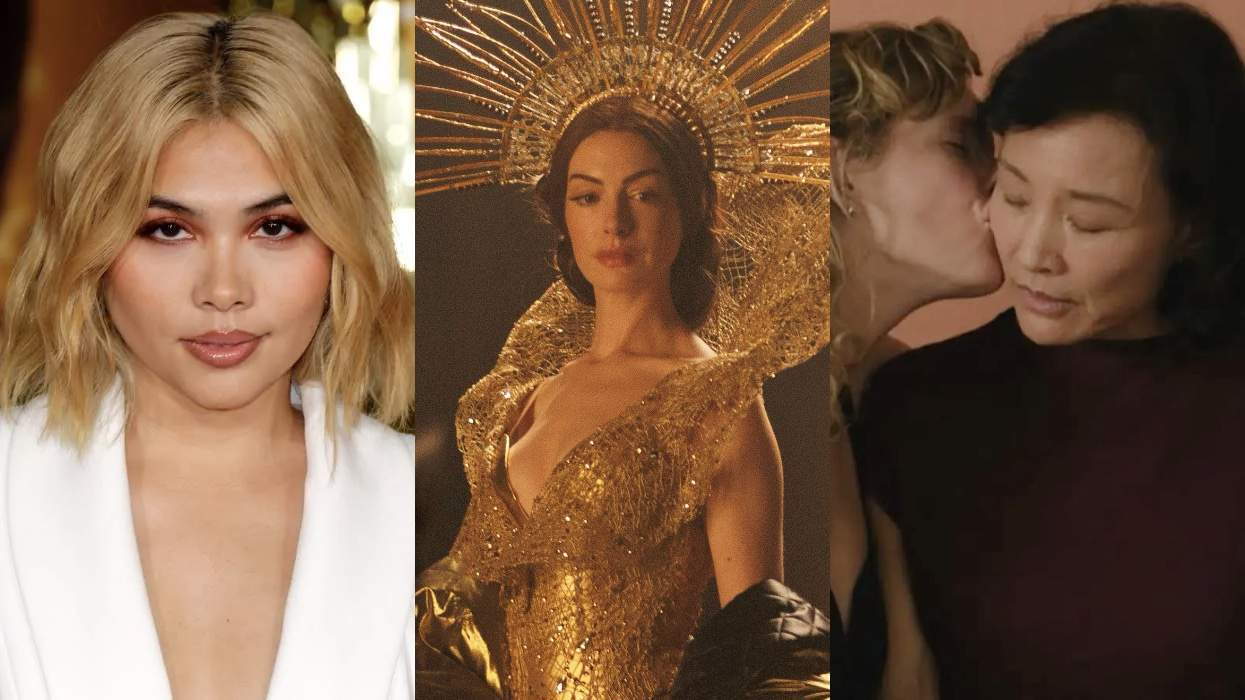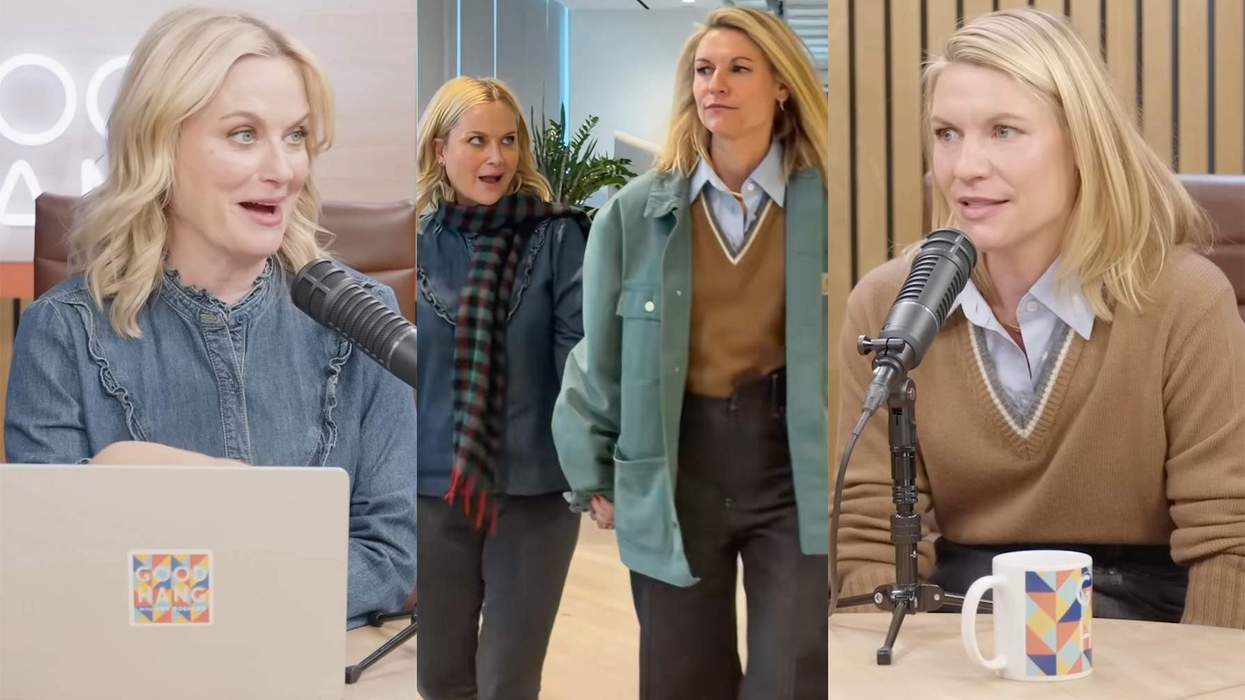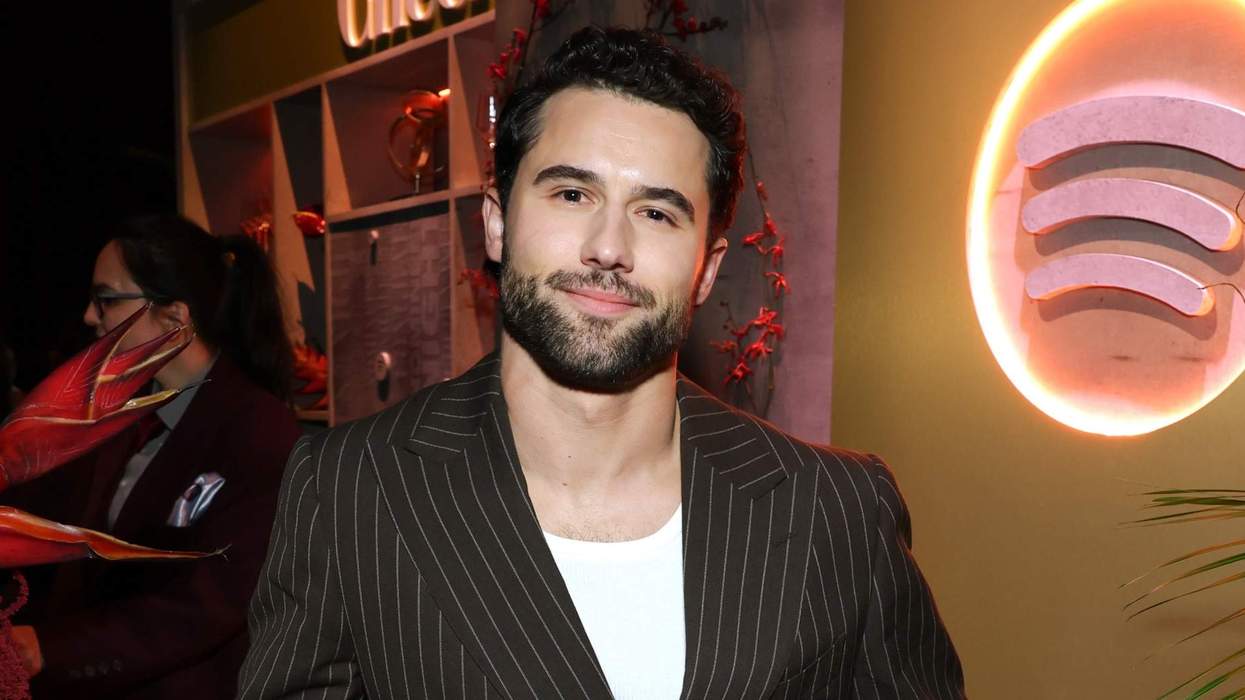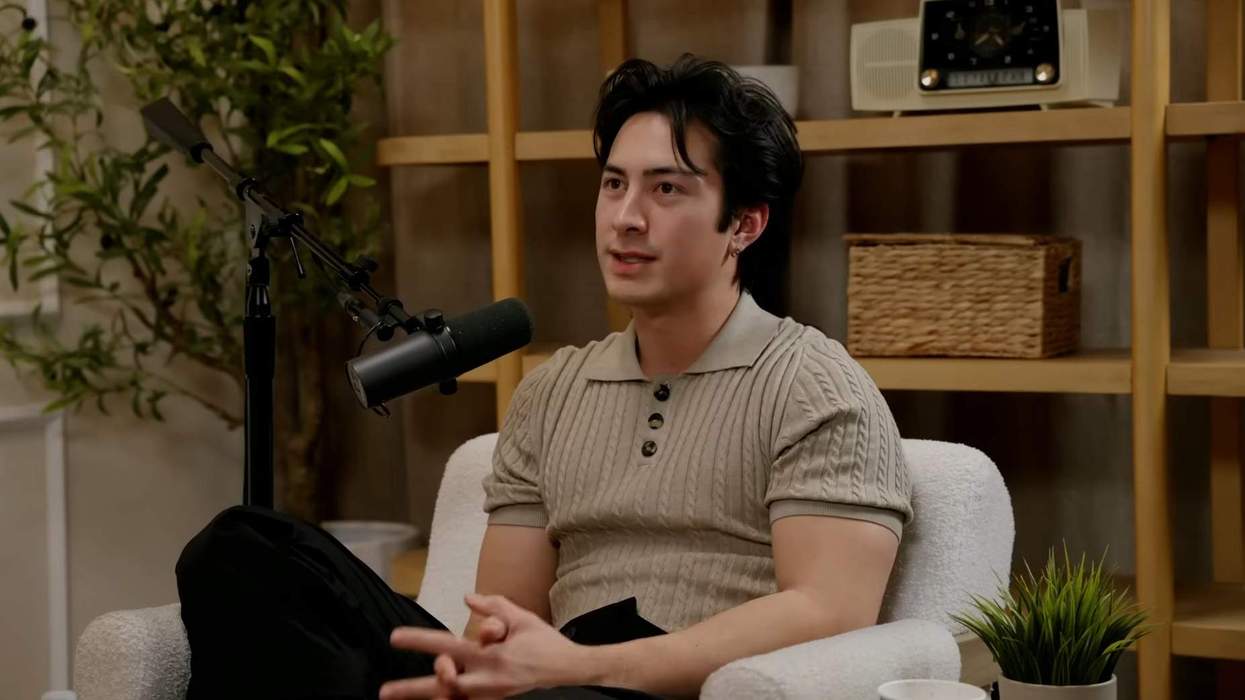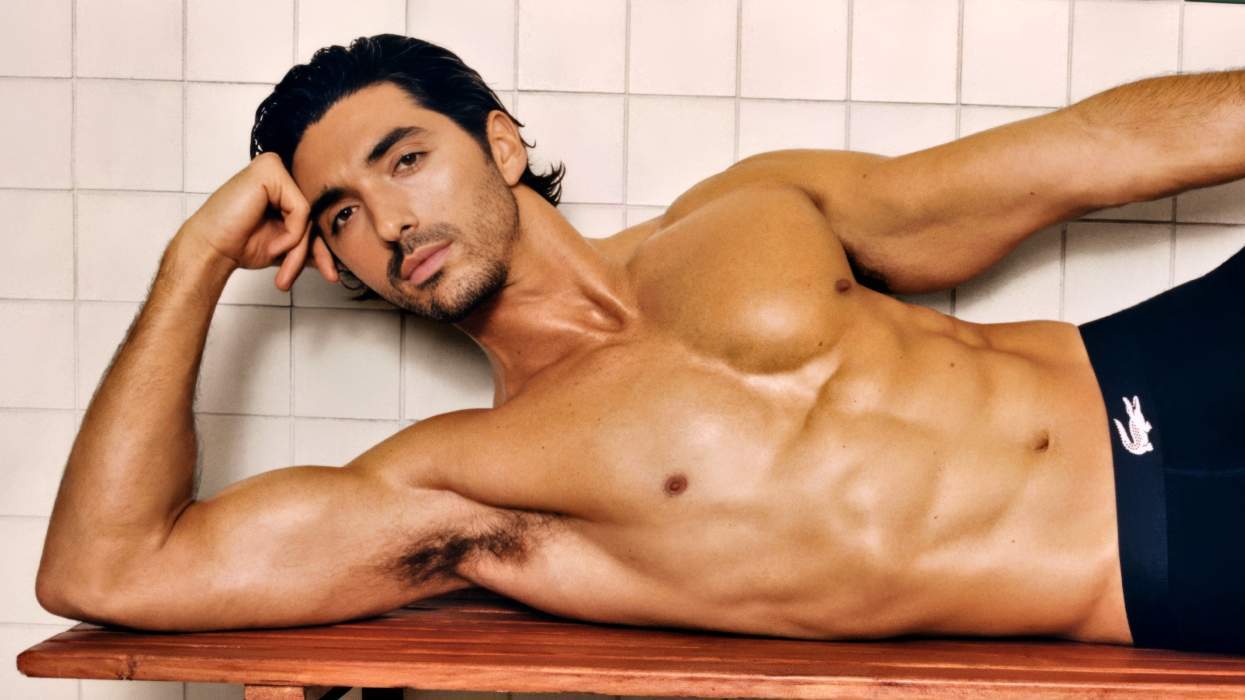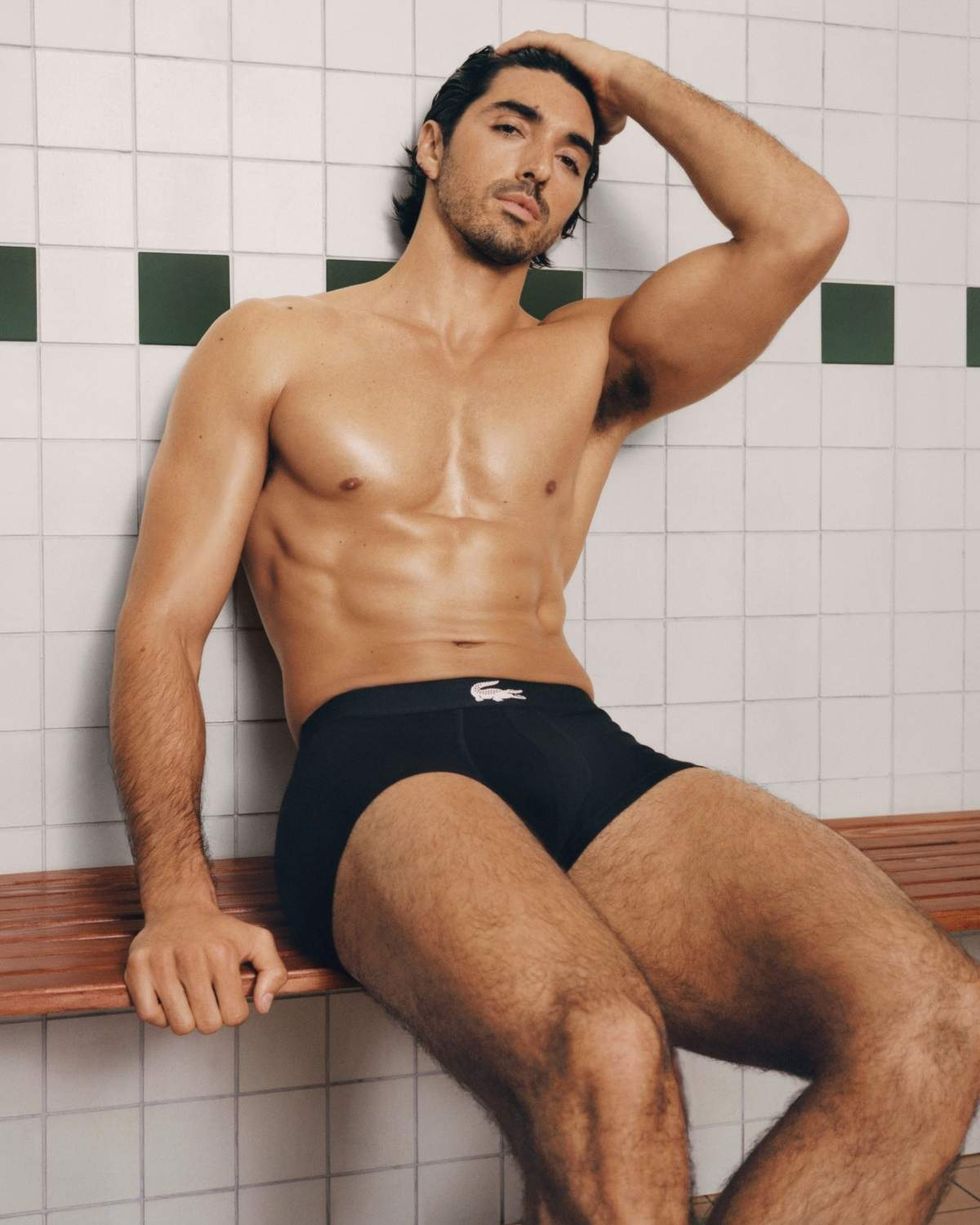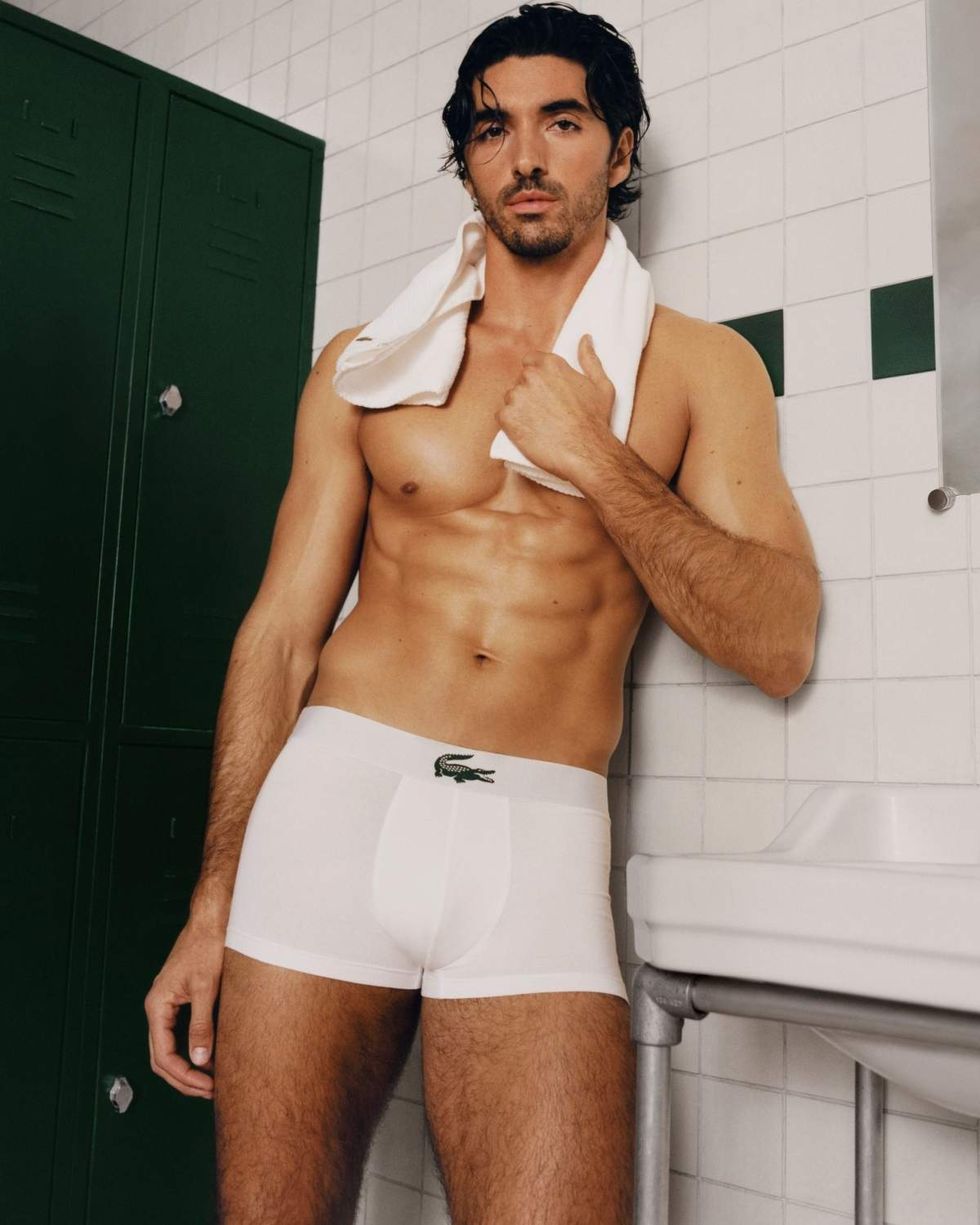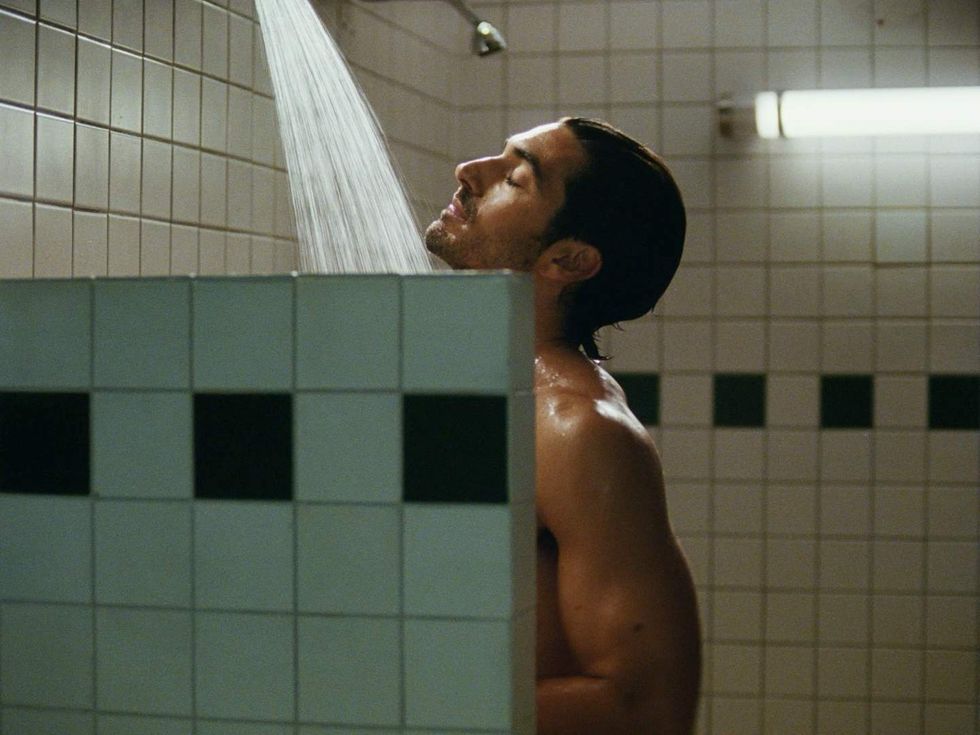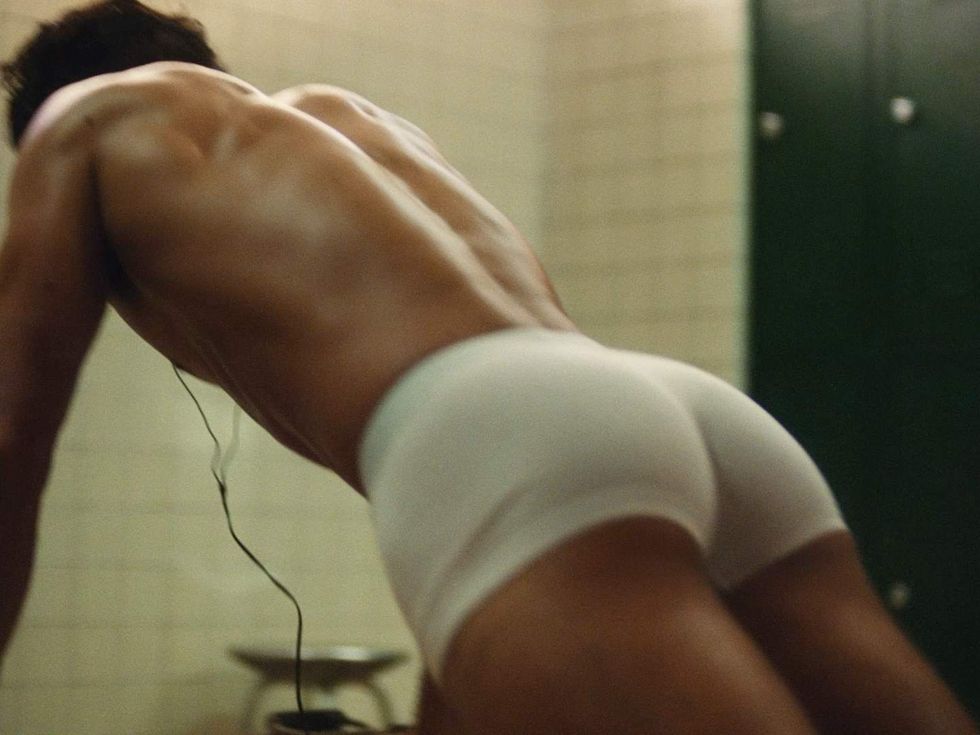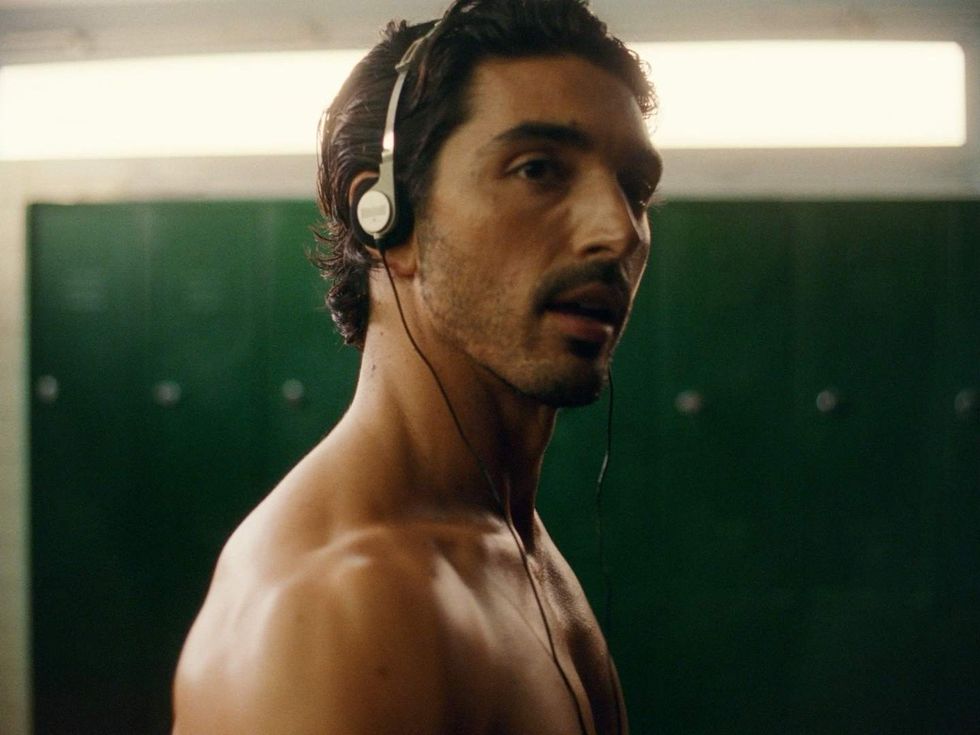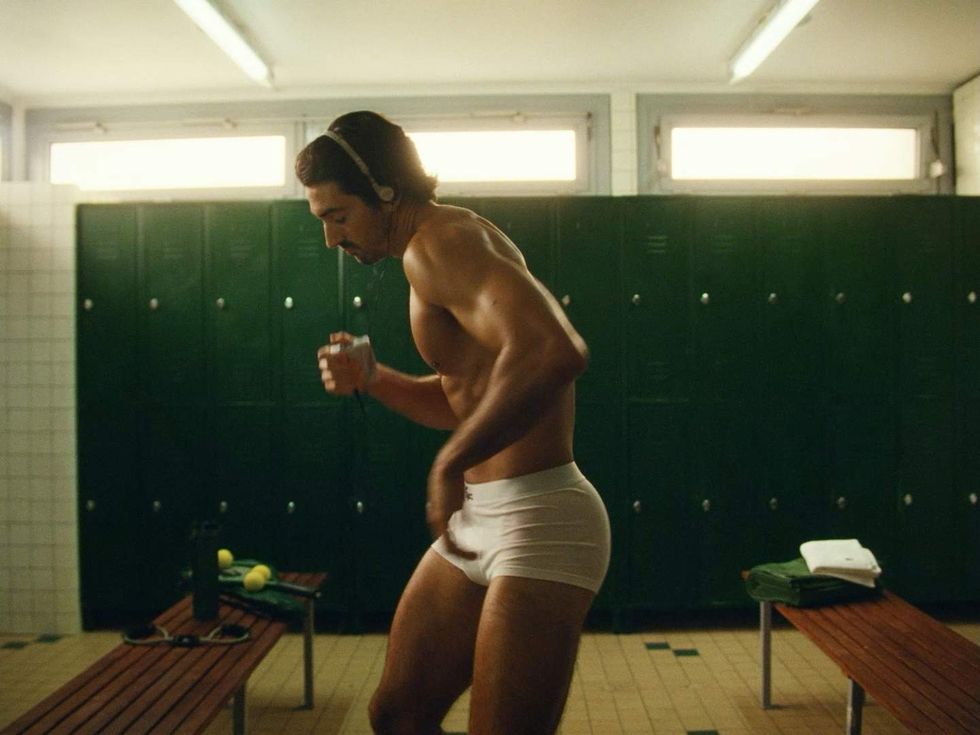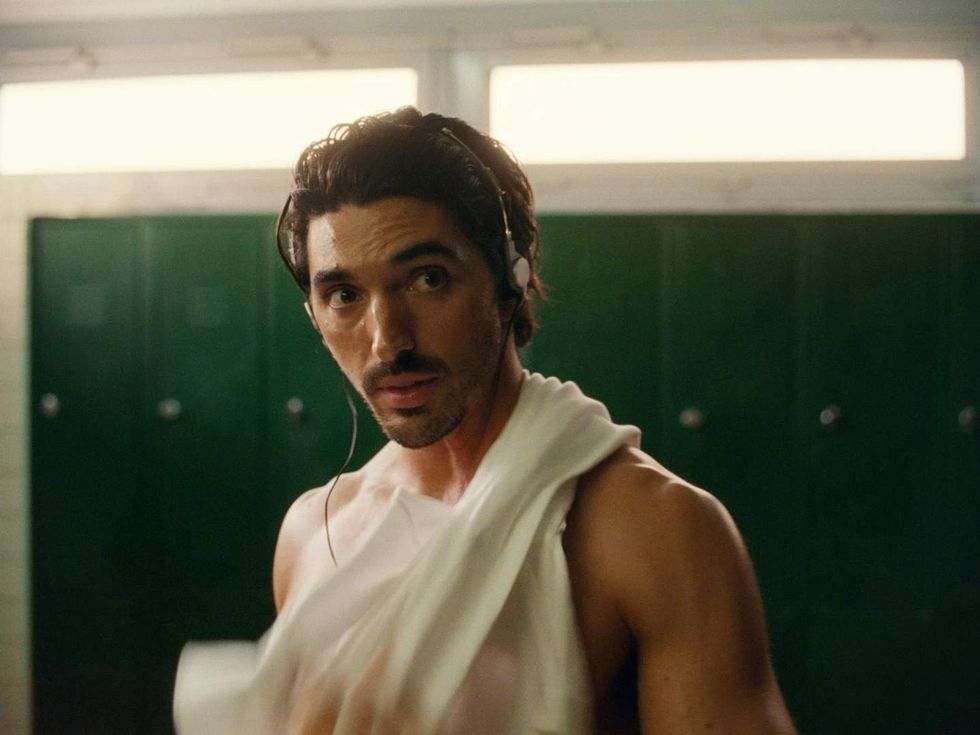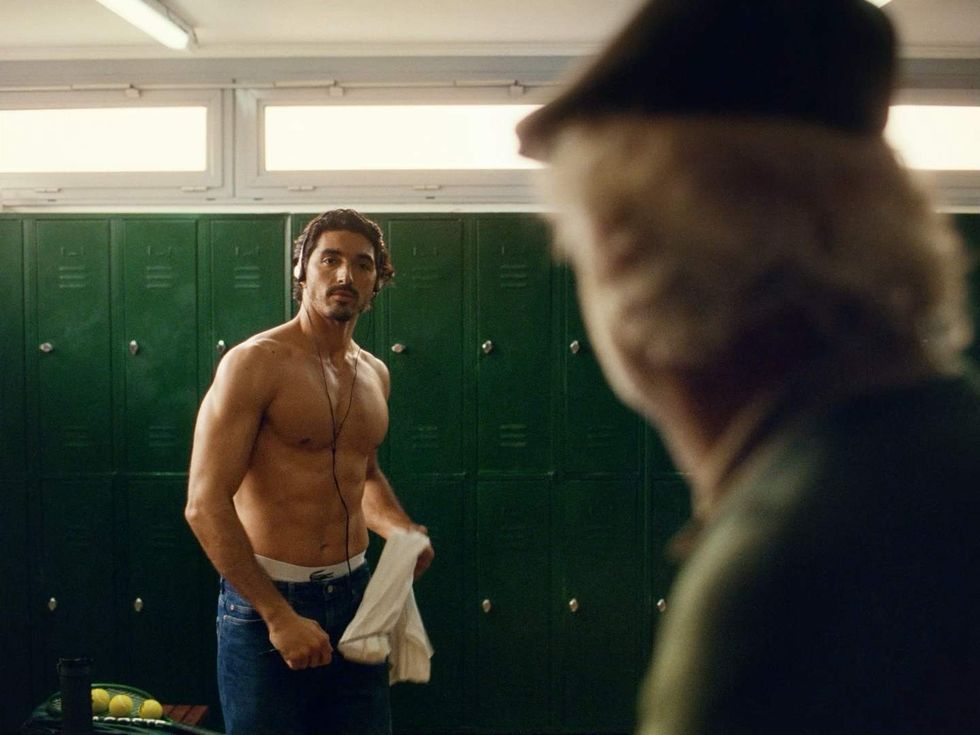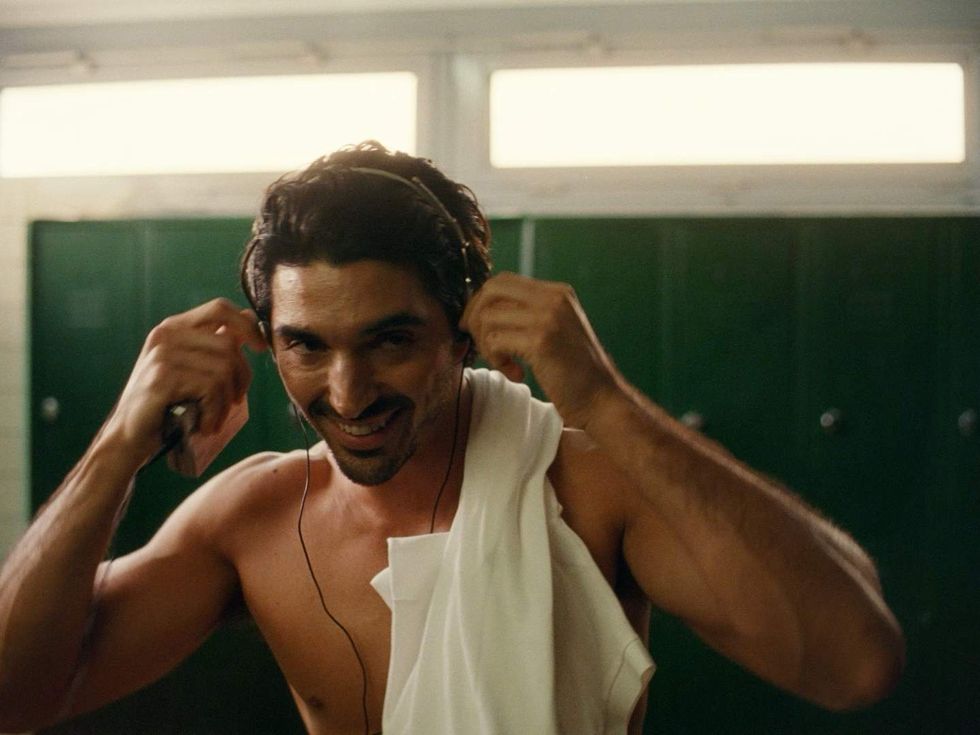Out actor, activist, and dancer Alyson Stoner found herself torn between the love she felt for a woman, and for what she believed was a love of God. “I felt stuck. I felt wretched,” Stoner, who’s pansexual, told Insider. “I felt like everything was wrong with me, even though I, in my heart of hearts, only desired to be a devoted follower of God.” So she checked herself into an “outpatient variation” of conversion therapy, a choice that she’s still healing from.
Stoner explained that, once in the therapy, she worked to understand what the pastors believed about queer people — and those views would ultimately prove to be extremely harmful. “To hear from people you trust, from people you respect, from people you might even aspire to become, that you at your core are ‘rotten,’ ‘abominable,’ that the devil has a target on your back because of your position in Hollywood… It just sends you into a spiral, at least for me, because I just wanted to do the right thing,” Stoner shared.
Conversion therapy also negatively impacted Stoner’s mind body-connection, she said, as it made her feel as though her body was a source of shame and couldn't be trusted.
The process has also impacted her ability to connect with other people. “It actually ends up messing with my ability to foster genuine relationships with others and myself, because now I’m suppressing a voice. I’m trying to change something that is what I now understand very natural,” she explained.
Both of these issues are topics Stoner hopes her new book, Mind Body Pride, will help people overcome if they’re facing similar struggles. In addition, all proceeds from sales of the book go to LGBTQ+ youth wellness programs.
While Stoner is no longer in conversion therapy, she’s explained that reflecting on it still evokes a trauma response. “My mind doesn’t want to even go there. My legs started shaking at the thought of reliving some of it. I know firsthand how dangerous it is for me as someone who had access to therapy and other forms of support. And I still was considering whether my life was worth living or, if everything was wrong with me, then what good was it for me to be around, starting to see myself as someone who only brought harm to other people to society,” she described.
Not only is conversion therapy damaging, but it's also proven to be ineffective — and dangerous. Studies like those conducted by the Williams Institute in 2020 concluded that those who’ve gone through conversion therapy are more than twice as likely to attempt suicide.
“The dangers are measurable,” Stoner said. “They are measurable. Even if someone comes out of it on the other side and says, ‘Hey, no, I’m living a great life,’ there are scars there. There are shadows. So yes, I’m not capable yet of going back and recounting specifics, which is an indicator of just how difficult that chapter was for me.”


